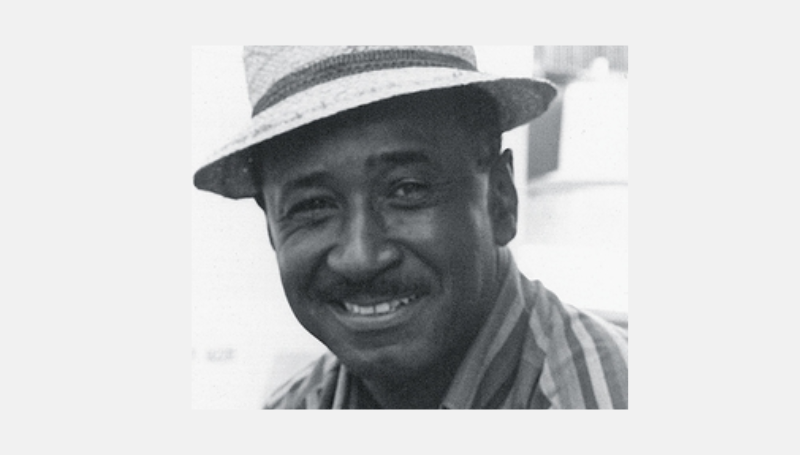Warren Zev Harvey
The Omni-American Review, Vol. 1, 2024, no date
“It is time to break with the lachrymose theory of [Jewish] woe, and to adopt a view more in accord with historic truth.” He forcefully rejected as untrue the dominant view among scholars which saw Jewish history as nothing but a bleak succession of miseries, persecutions, and pogroms.”
In his 1973 classic study The Hero and the Blues, Albert Murray argues against a view popular among social scientists and cultural historians:
[W]hat makes a blues idiom musician is not the ability to express raw emotion with primitive directness…but rather the mastery of elements of esthetics peculiar to U.S. Negro music. Blues musicians do not derive directly from the personal, social, and political circumstances of their lives as black people in the United States. They derive most directly from styles of other musicians who play the blues…
… U.S. Negro singers…are influenced far more…by Bessie Smith and Louis Armstrong…and by the sonorities of various down-home church rituals than by any actual personal experience of racial oppression, no matter how traumatic. Indeed, what is most characteristic of the black American life style is infinitely more closely related to…African-derived dance and work rhythms and to the rich variety of music which Afro-Americans have heard in the United States than to any collective reaction to the experiences of slavery and segregation as such.
The blues idiom, Murray insists, is not, as many think, the raw emotion of hapless victims, but it is the stylized music of bold creative artists who belong to an old and rich Afro-American tradition of song and dance. Following André Malraux, he explains that art is not “the raw material of human experience,” but “style,” which “involves an interaction with other works of art.” And the blues idiom is art at its best.… [To read the full article, click here]


